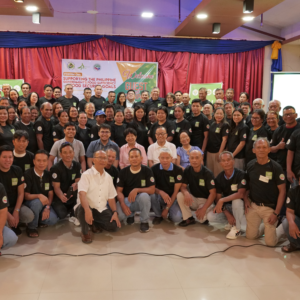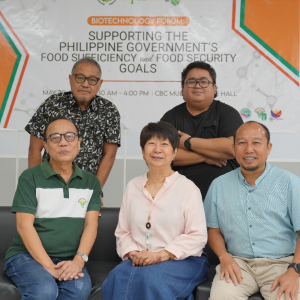Breakthrough in Agriculture Biotechnology
Cutting-Edge Genetic Modifications Enhance Crop Performance Amidst Climate Challenges, Boosting Global Food Security
Explore the highlights from our key events, showcasing groundbreaking innovations and advocacy in biotechnology for a healthier future.
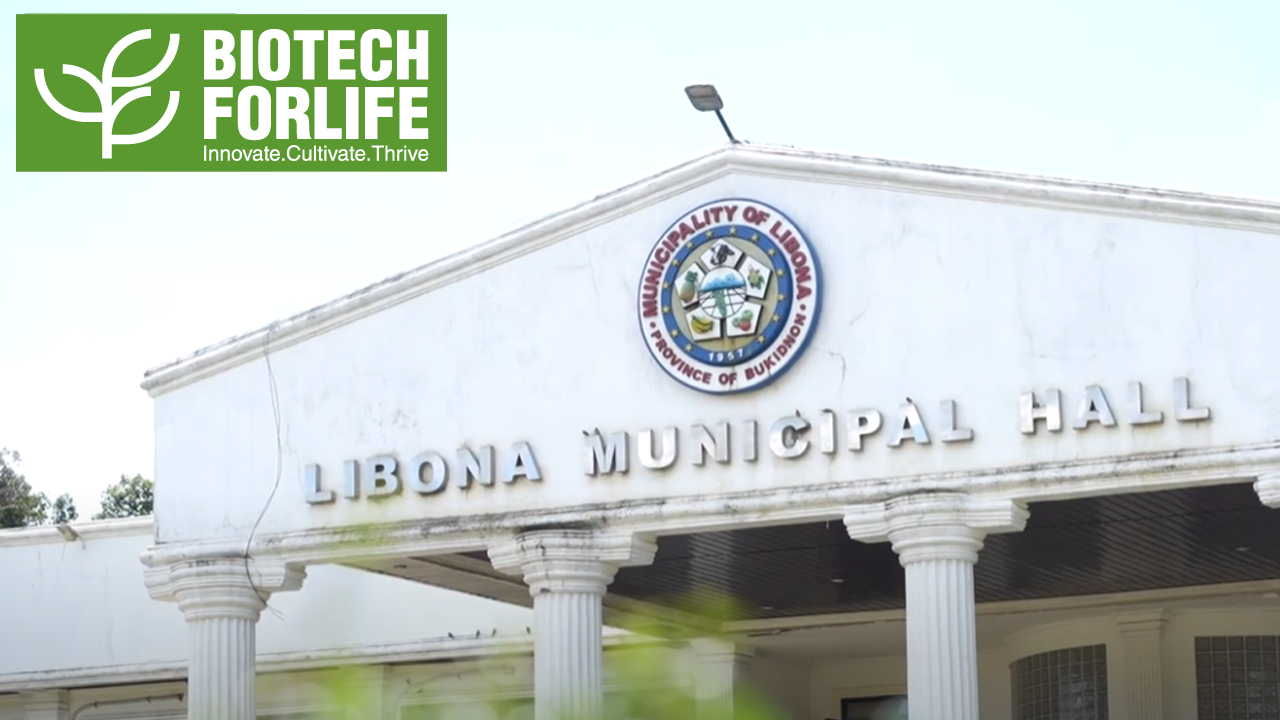
Play Video about Bukidnon-Forum-HIGHLIGHTS
Bukidnon Forum HIGHLIGHTS
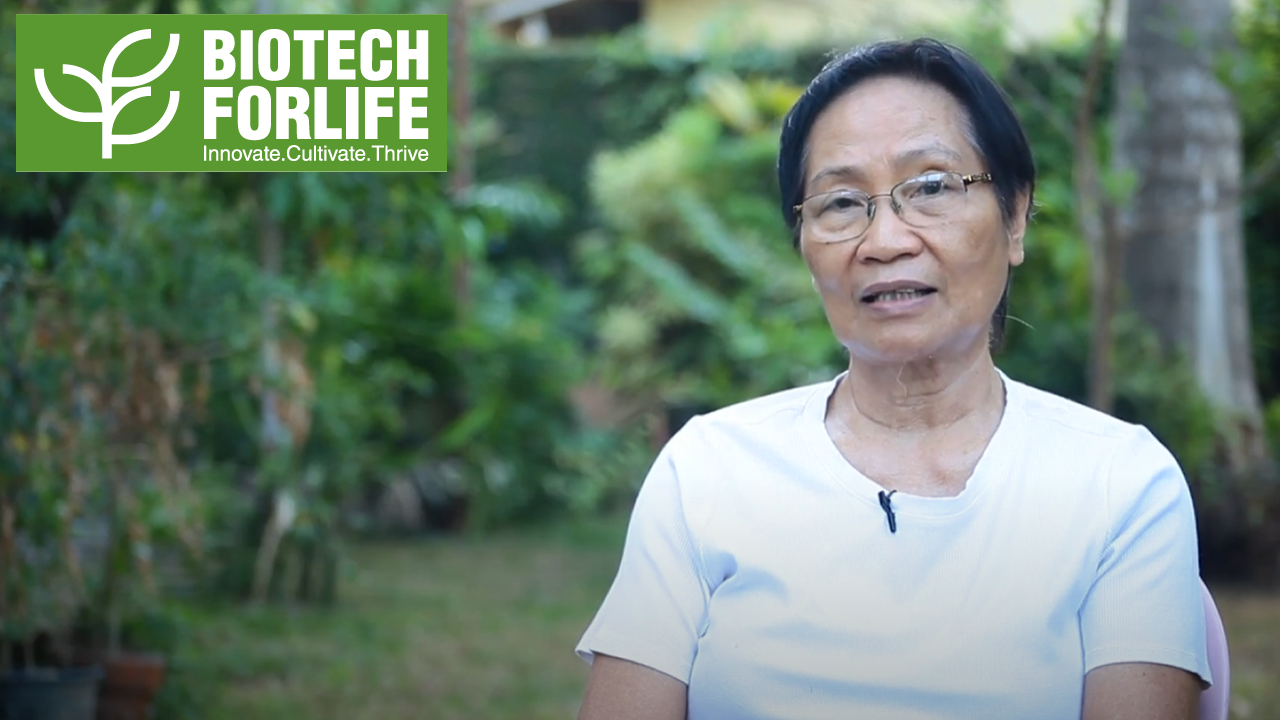
Play Video
Writ of Kalikasan at ilang mga biotech expert
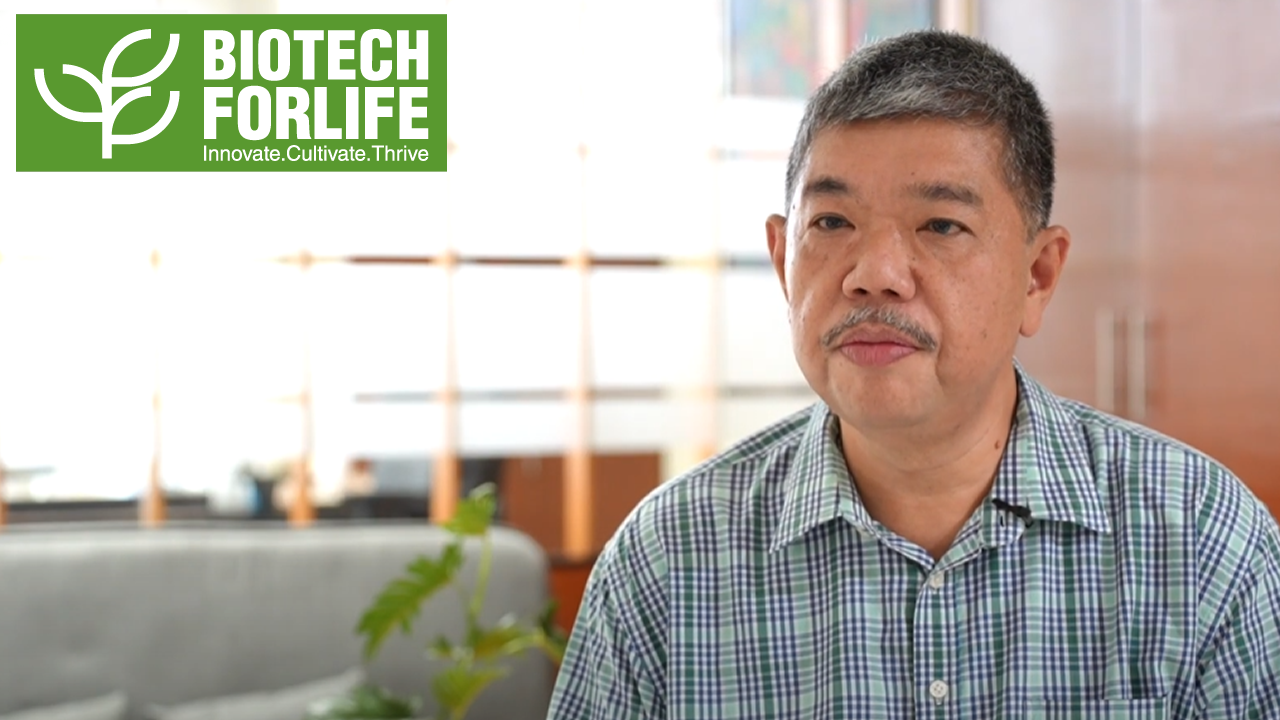
Play Video
DA Biotechnology Program Director, Dr. Paul Limson on the Biotech Program
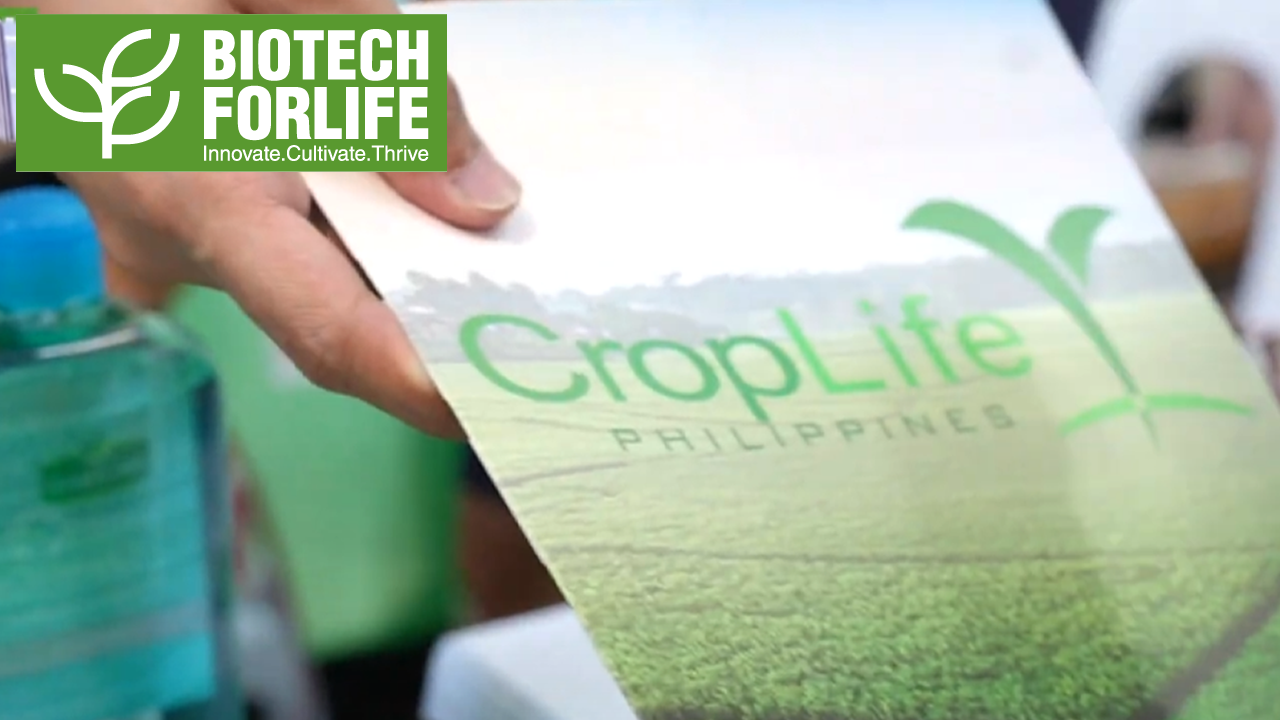
Play Video
Croplife PH supports National Biotechnology Week
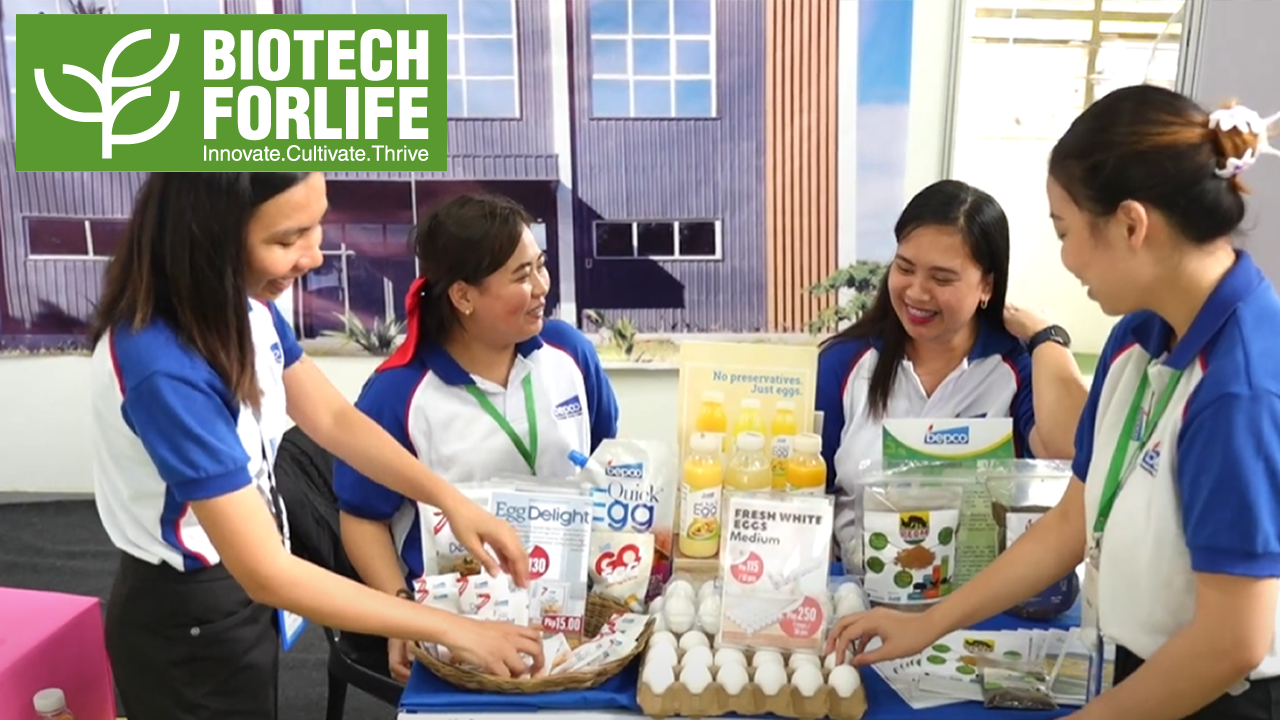
Play Video
Basura No More para sa Batangas Egg Producers Multipurpose Cooperative (BEPCo)
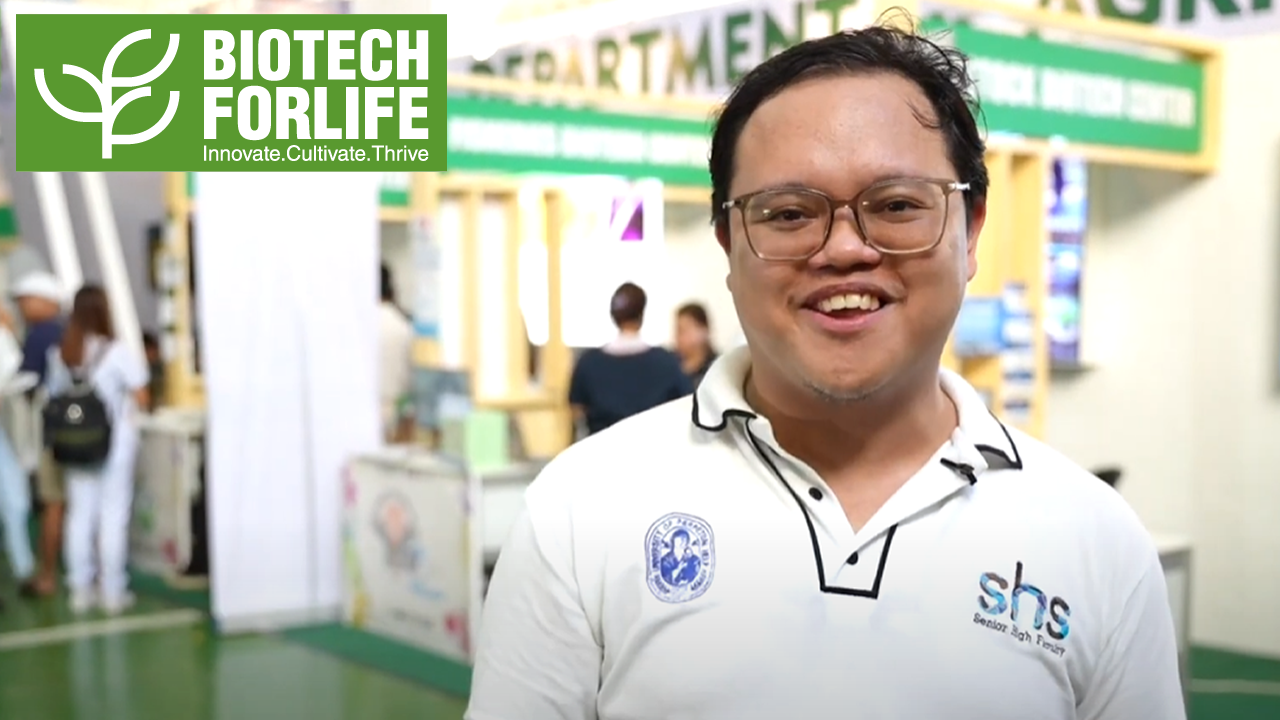
Play Video
William James on his experience in the NBW at UPLB!
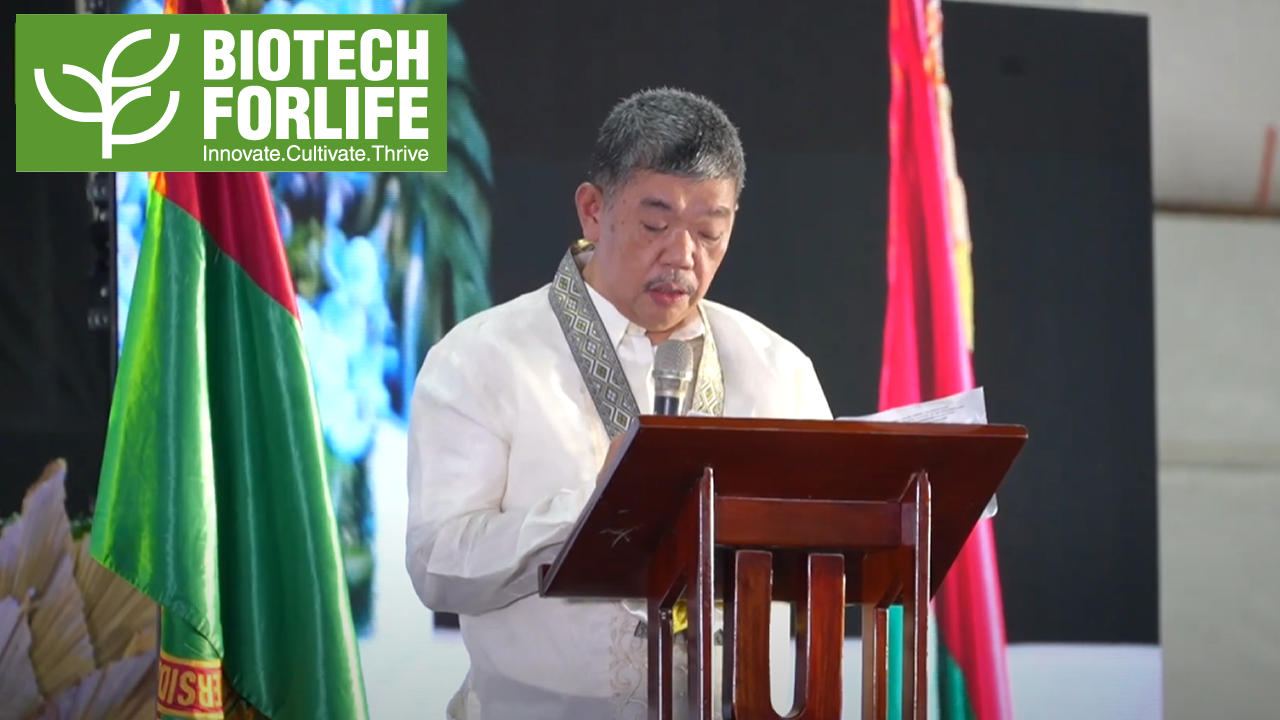
Play Video
National Biotechnology Week 2024
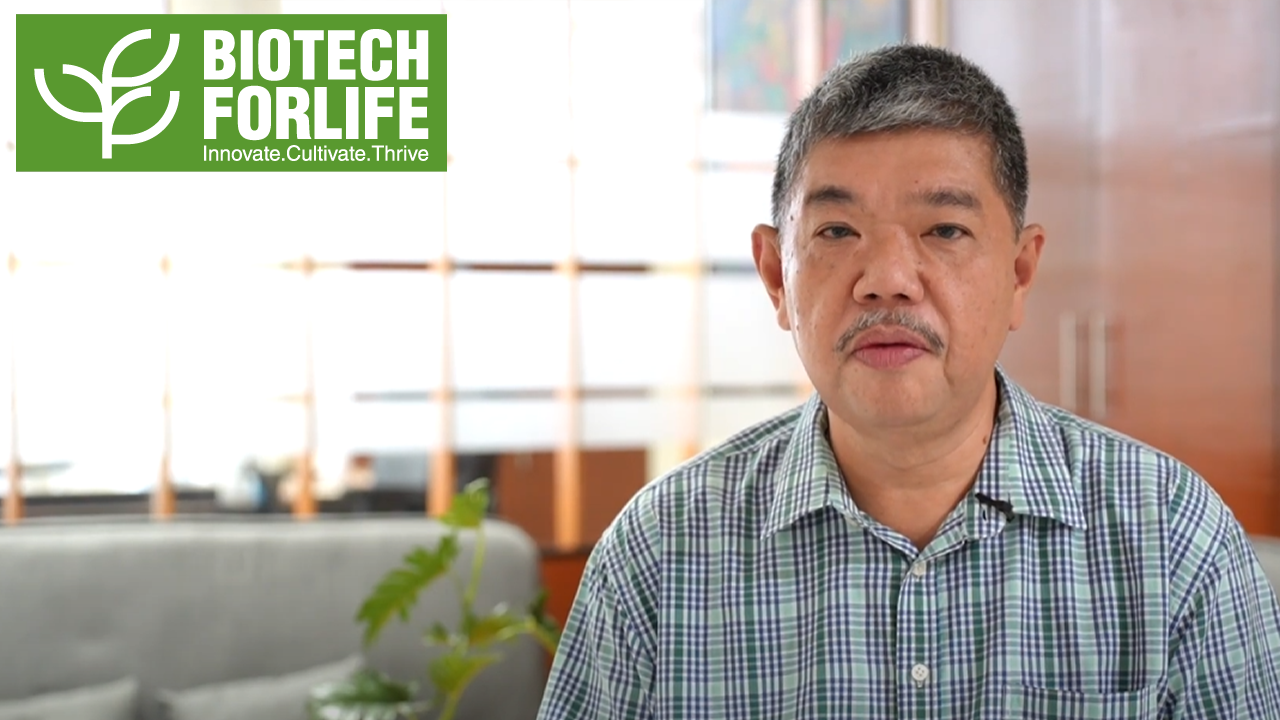
Play Video
Highlights of the 2024 Jose G. Burgos Jr. Awards
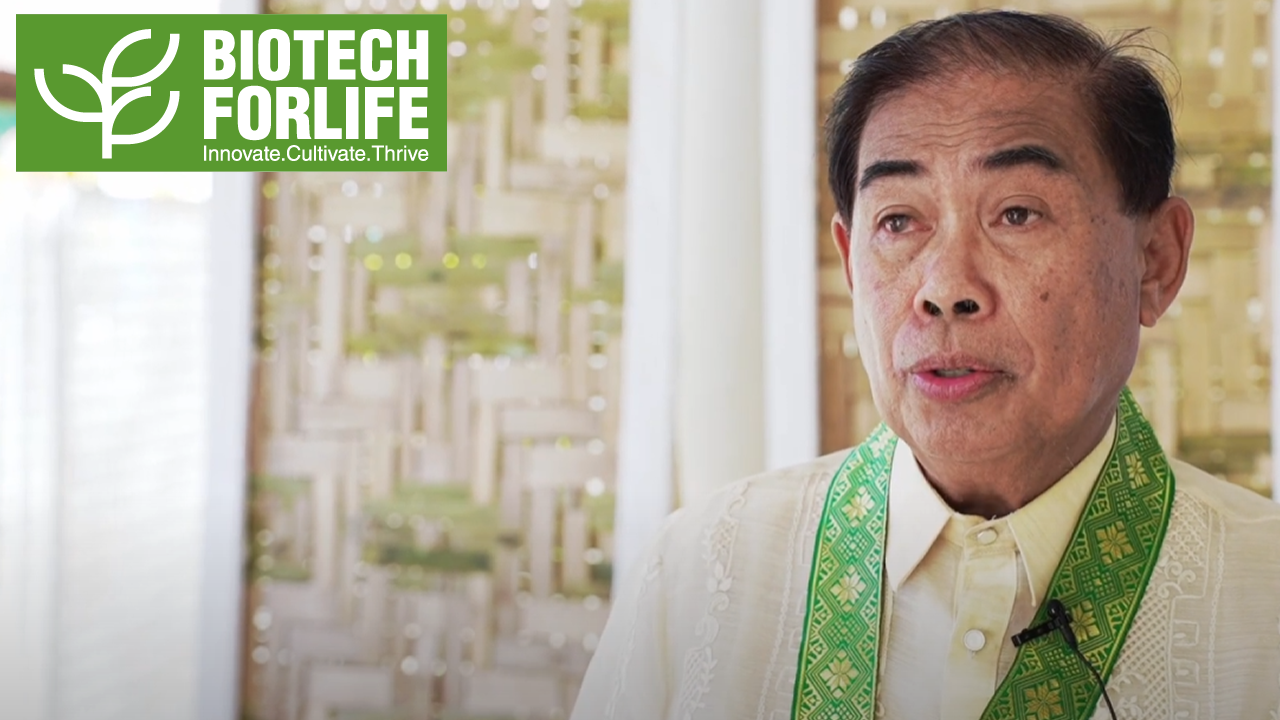
Play Video
Dr. Pablito Magdalita on the process of GMO approval
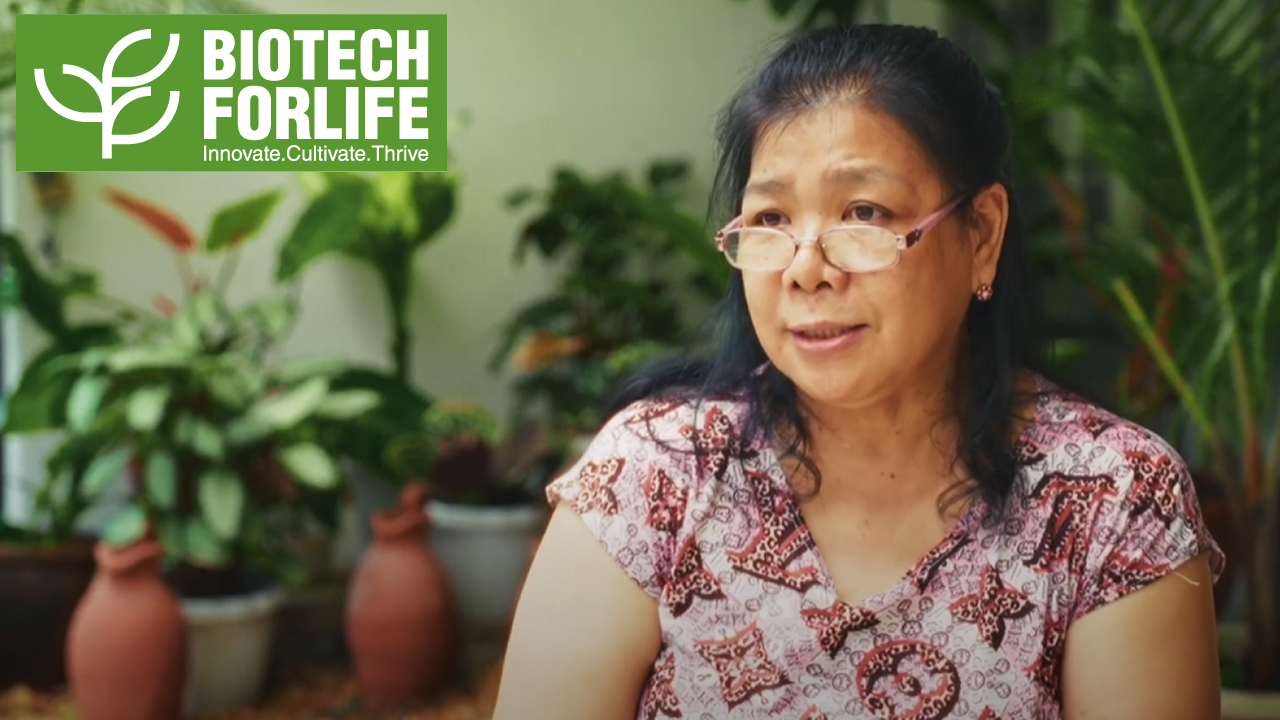
Play Video
Dr. Jocelyn Zarate on Biotechnology
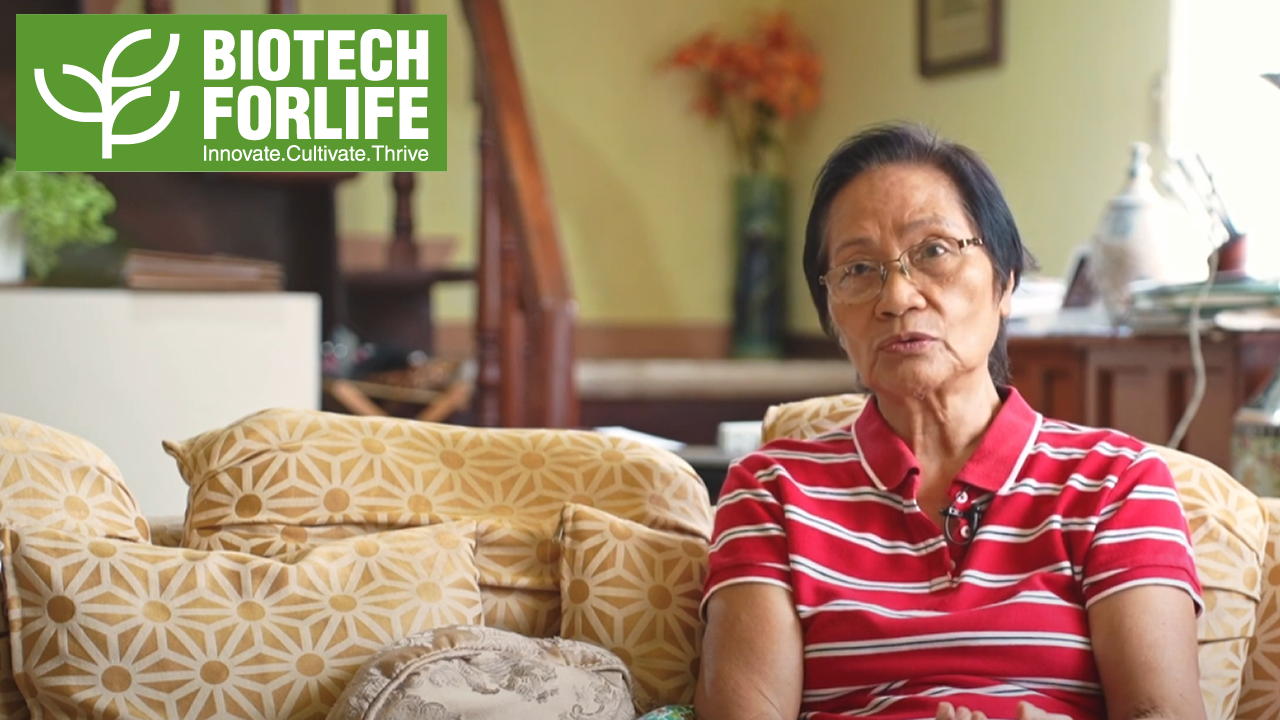
Play Video
Panoorin ang paliwanag ni Dr. Saturnina Halos tungkol sa Regenerative Agriculture
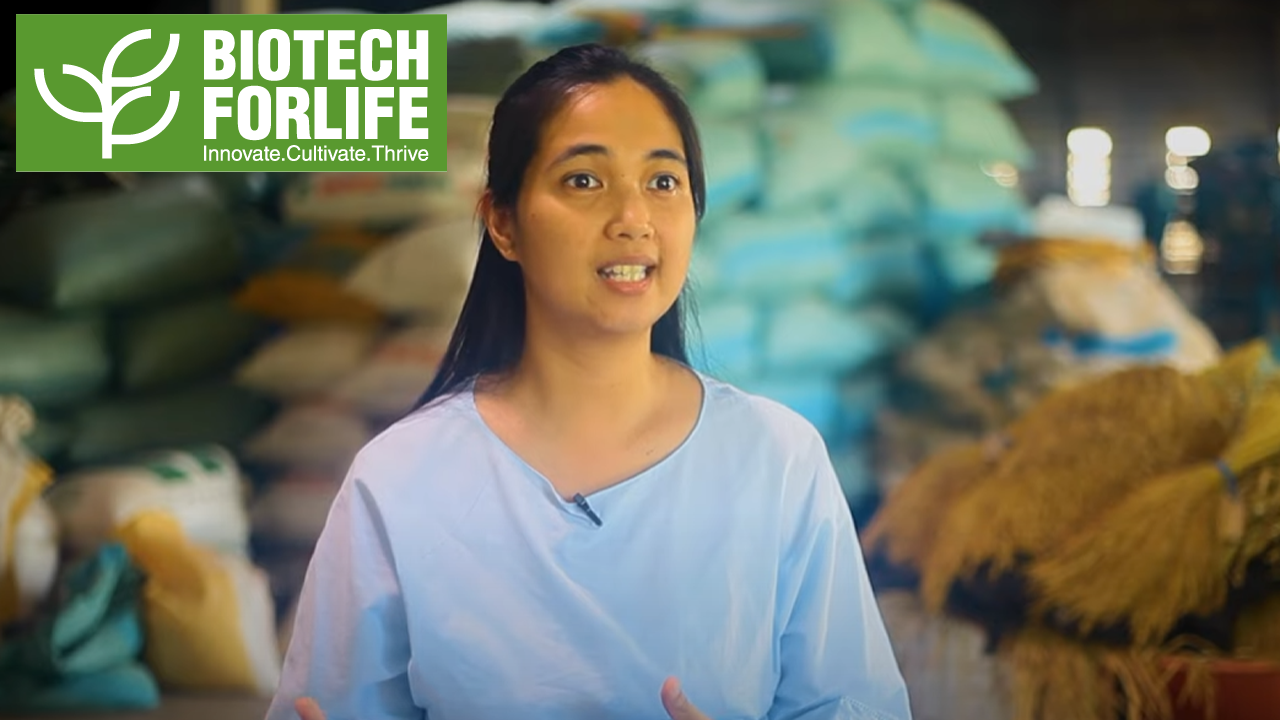
Play Video
“The future of rice biotechnology is that we can offer immediate solutions to emerging problems.”
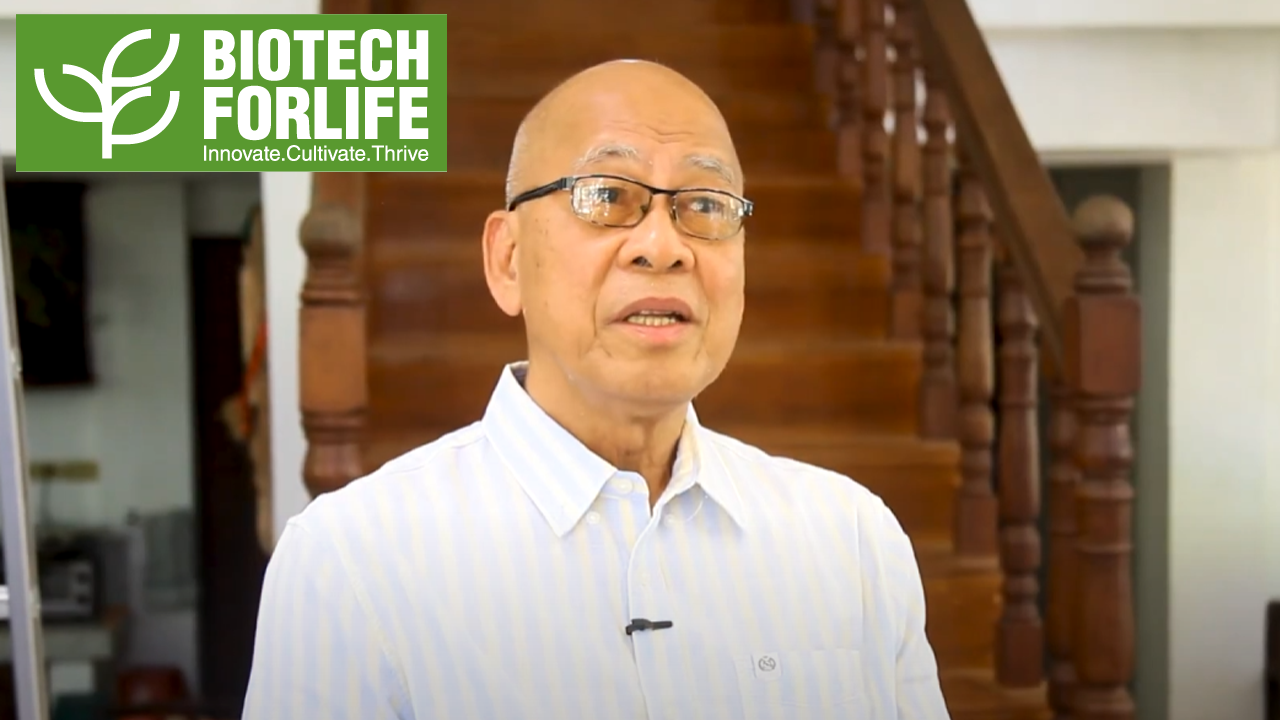
Play Video about Ang-usapin-ng-golden-rice,-ng-Bt-talong,-at-mga-GMO-ay-isang-laban-na-hindi-tayo-dapat-sumuko.
“Ang usapin ng golden rice, ng Bt talong, at mga GMO ay isang laban na hindi tayo dapat sumuko.”
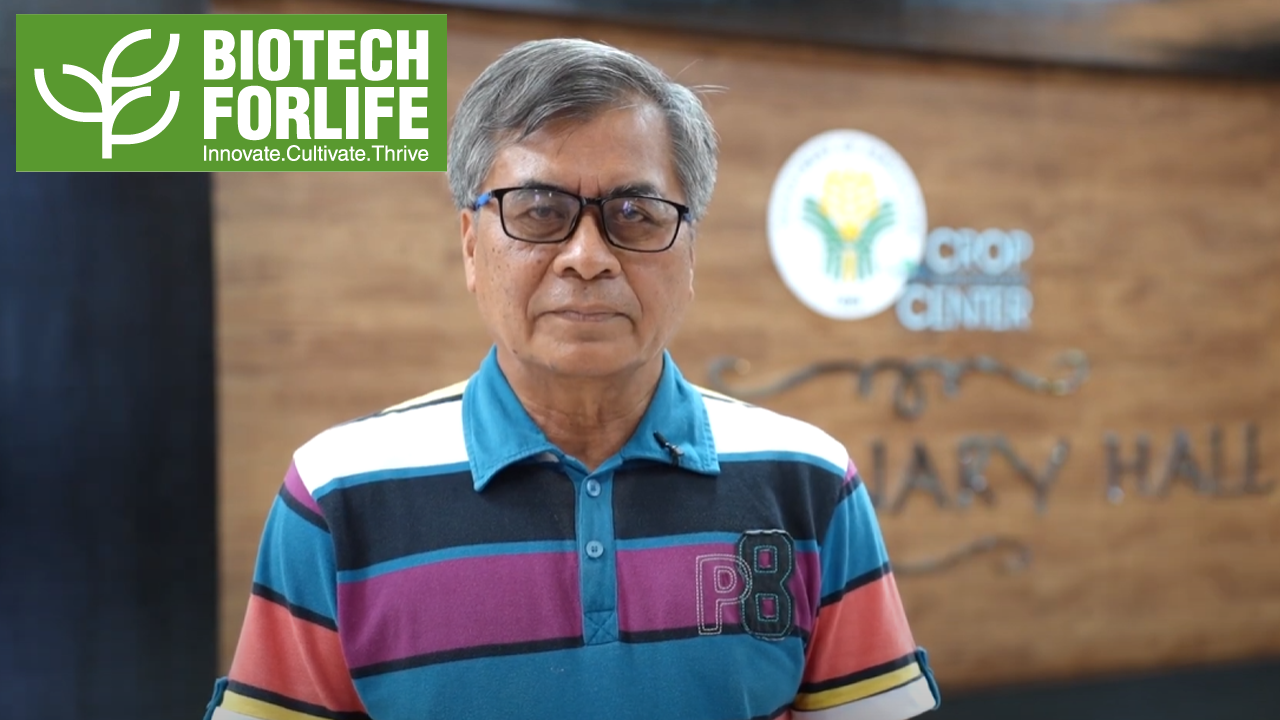
Play Video about Ang-pagsasaka-ay-highly-vulnerable-to-the-adverse-effect-of-climate-change
“Ang pagsasaka ay highly vulnerable to the adverse effect of climate change.” - Rudy Bernardo
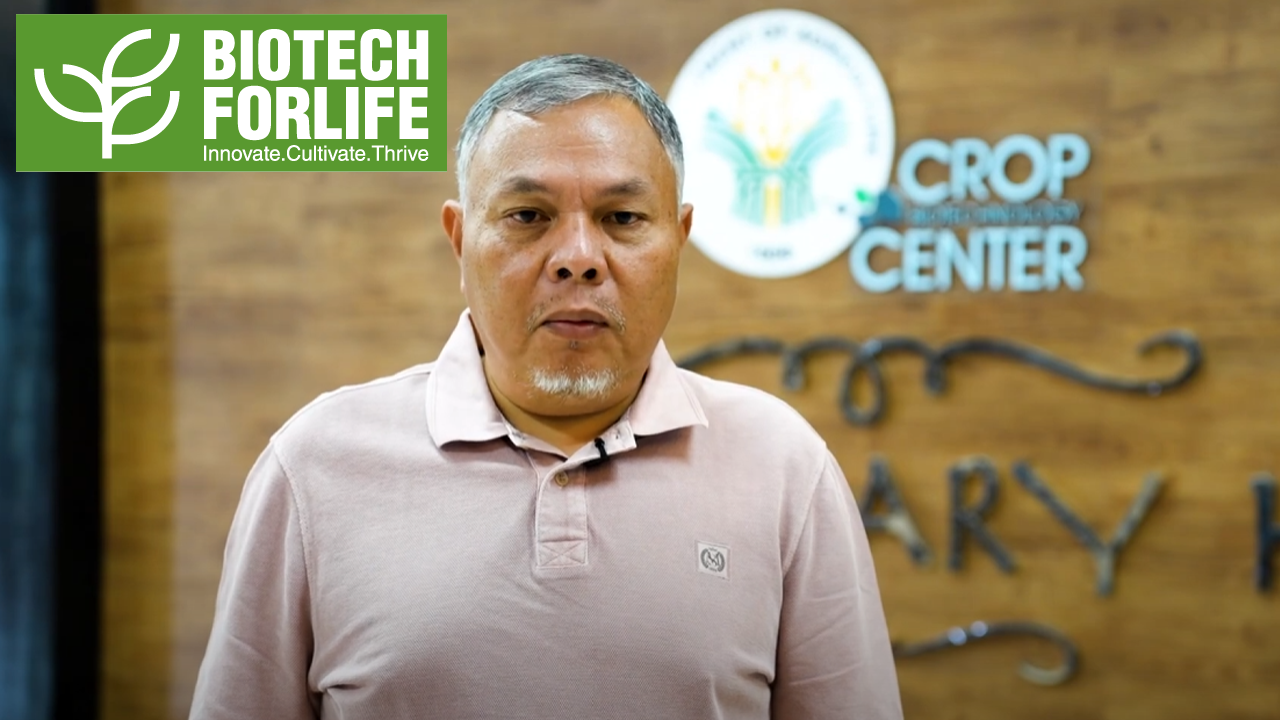
Play Video about To increase our food production and sufficiency through profitability
To increase our food production and sufficiency through profitability.
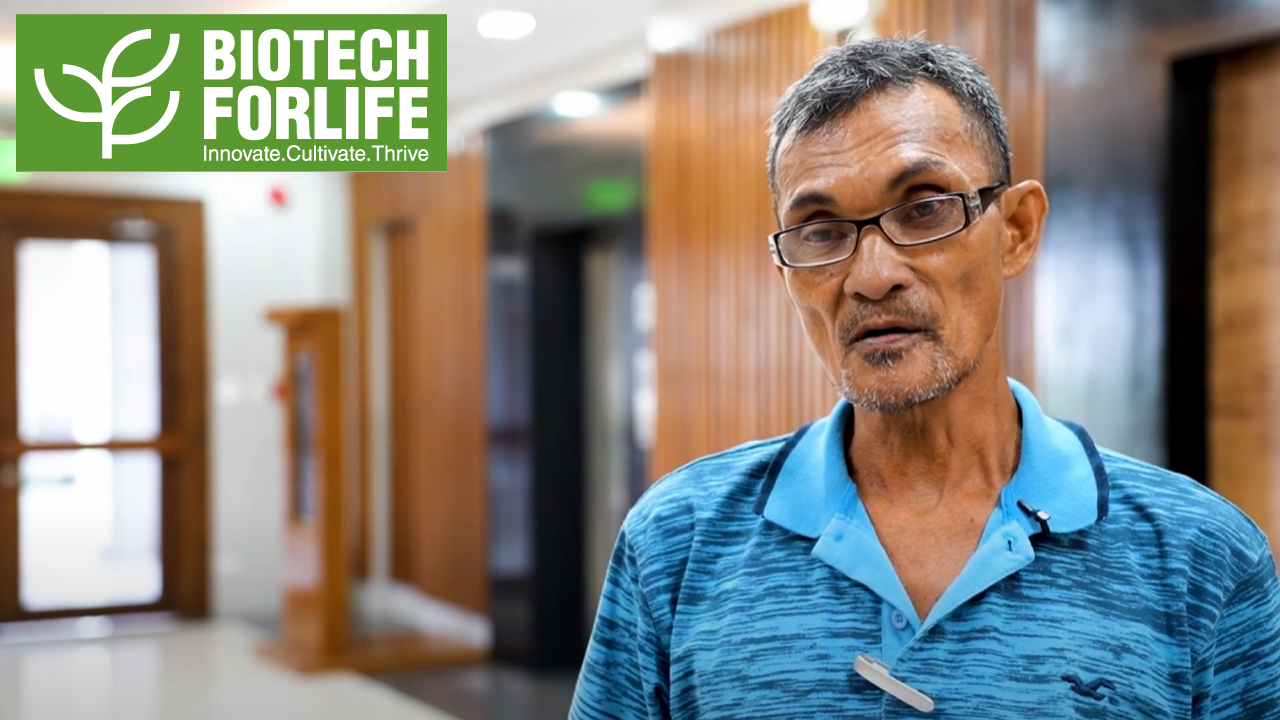
Play Video about “Ito pong biotech ay magagamit ko sa pag-sasaka ko.” - Nemecio Barreto, Sto. Domingo, Nueva Ecija
“Ito pong biotech ay magagamit ko sa pag-sasaka ko.” - Nemecio Barreto, Sto. Domingo, Nueva Ecija
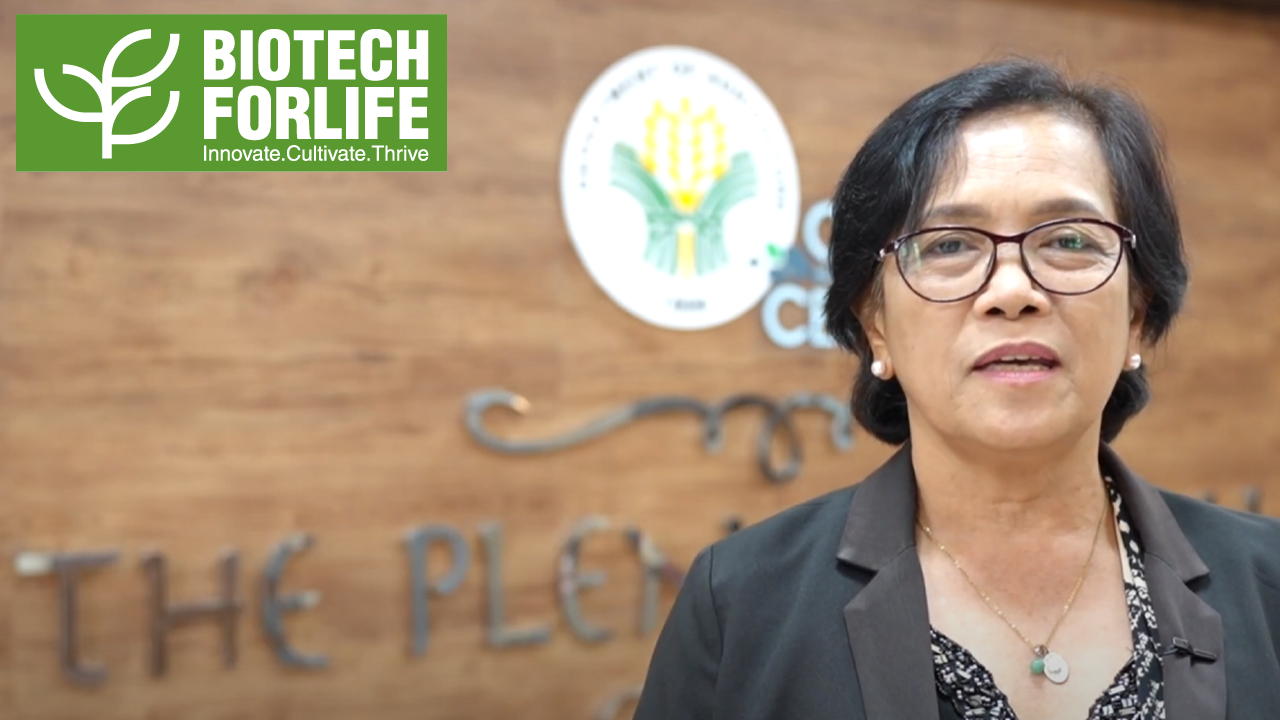
Play Video about Department of Agriculture RFO III Head talks about the role of DA in advancing production efficiency
Department of Agriculture RFO III Head talks about the role of DA in advancing production efficiency

Play Video
Agriculture Expert Discusses Benefits of Bt Technology for Philippine Agriculture

Play Video
Biotechnology: Supporting the Philippine Govt's Food Sufficiency & Food Security Goals

Play Video
DA - Crop Biotechnology Center Lab Facility Tour with Dr. Ruel Suralta

Play Video
Agriculture Expert Discusses Benefits of Bt Technology for Philippine Agriculture

Play Video
Agriculture Expert Discusses Benefits of Bt Technology for Philippine Agriculture
Overview of Biotech Laws and Regulations in the Philippines
The first attempt to establish a legal basis for the development of biotechnology in the country was the establishment of the National Committee on Biosafety of the Philippines (NCBP) in 1990 (Executive Order No. 430). It has been 3 decades since then and biotechnology laws and regulations in the country have been further strengthened for the sustainable adoption of biotech into agriculture listed as follows;
Advancing Biotechnology
The Agriculture and Fisheries Modernization Act of 1997, also known as Republic Act 8435, supports research venturing into the application of biotechnology in agricultural productivity and sustainability.
This is further strengthened by the Agricultural and Fisheries Mechanization (AFMech) Law of 2013 (Republic Act No. 10601) which aims to promote the adoption of modern agricultural technologies such as biotechnology for improved productivity and efficiency by mandating the use of science-based approaches in agrarian activities.
Technological Safety
Together with its promotion, rules, and regulations that focus on biosafety were established in the years that came after.
One would be the Philippine Clean Water Act of 2004 (Republic Act No. 9279). It safeguards that biotech firms comply with regulations on water pollution, wastewater treatment, and other environmentally impacting processes — emphasizing proper disposal of various reagents used in molecular processes.
However, one of the main policies on biotech development is the Department of Agriculture Administrative Order No. 8 of 2002 or the Rules and Regulations for the Importation and Release into the Environment of Plants and Plant Products Derived from the Use of Modern Biotechnology. Guidelines for genetically modified organisms (GMOs) safety assessments, labeling, and post-approval monitoring are explicitly standardized in this regulation.
This is strengthened further by the National Biosafety Framework of 2006 (Executive Order 514). It provided a joint mechanism for various government agencies to cooperate in safely managing biotech products and GMOs.
Other policies regarding biosafety are the Food and Drug Administration Act of 2009 (Republic Act No. 9711) which aims to ensure the safety of biotech products that may affect public health and the Department of Science and Technology’s Biosafety Guidelines for Contained Use of Genetically Modified Organisms (GMOs) for laboratories to prevent any unintended environmental or health risks.
The most recent update on regulation policies is the Regulations for GMOs in Agriculture or the Joint Department Circular of 2016 which involved collaboration between the Department of Agriculture, Department of Science and Technology, Department of Environment and Natural Resources, Department of Health, and Department of Interior and Local Government to govern research, development, handling, and commercialization of GMOs — approved to pattern with the international biosafety protocol.
Socio-Economic Directives
Apart from biosafety considerations; intellectual property rights, access to technology, and commercialization laws were also highlighted by lawmakers.
This is demonstrated by the Plant Variety Protection Act (Republic Act No. 9168) of 2002 which safeguards the intellectual property protection rights of plant breeders who developed new varieties through genetic engineering.
The Philippine Technology Transfer Act of 2009 (Republic Act No. 10055) promotes the materialization and introduction of biotech innovations and publicly funded studies from biotech firms and academic institutions to market consumers.
Also indirectly aiding biotech companies is the Ease of Doing Business and Efficient Government Service Delivery Act of 2018 (Republic Act No. 11032) which reduced bureaucratic red tape in the commercialization of biotech products and the Innovative Startup Act of 2019 (Republic Act No. 11337) made it easier for biotech companies and academic institutions to commercialize biotech innovations.
International Agreements
The various laws and regulations on biotechnology that Ph lawmakers have established were made following the Cartagena Protocol on Biosafety (2000). It is an international agreement that promises to protect biodiversity from genetic pollution that may occur with negligent GMO production.
Likewise, another agreement was signed in 2010, the Nagoya Protocol, which is an international treaty that focuses on genetic resources accessibility and fair sharing of benefits for research and commercialization.
As biotechnology is gradually being integrated into the agricultural sector of the Philippines, stakeholders’ understanding of its legal framework is crucial in ensuring that these innovations are implemented attentively and that technology is balanced with informed decisions that safeguard social implications, public health, and environmental safety.
Advancing Biotechnology
The Agriculture and Fisheries Modernization Act of 1997, also known as Republic Act 8435, supports research venturing into the application of biotechnology in agricultural productivity and sustainability.
This is further strengthened by the Agricultural and Fisheries Mechanization (AFMech) Law of 2013 (Republic Act No. 10601) which aims to promote the adoption of modern agricultural technologies such as biotechnology for improved productivity and efficiency by mandating the use of science-based approaches in agrarian activities.
Technological Safety
Together with its promotion, rules, and regulations that focus on biosafety were established in the years that came after.
One would be the Philippine Clean Water Act of 2004 (Republic Act No. 9279). It safeguards that biotech firms comply with regulations on water pollution, wastewater treatment, and other environmentally impacting processes — emphasizing proper disposal of various reagents used in molecular processes.
However, one of the main policies on biotech development is the Department of Agriculture Administrative Order No. 8 of 2002 or the Rules and Regulations for the Importation and Release into the Environment of Plants and Plant Products Derived from the Use of Modern Biotechnology. Guidelines for genetically modified organisms (GMOs) safety assessments, labeling, and post-approval monitoring are explicitly standardized in this regulation.
This is strengthened further by the National Biosafety Framework of 2006 (Executive Order 514). It provided a joint mechanism for various government agencies to cooperate in safely managing biotech products and GMOs.
Other policies regarding biosafety are the Food and Drug Administration Act of 2009 (Republic Act No. 9711) which aims to ensure the safety of biotech products that may affect public health and the Department of Science and Technology’s Biosafety Guidelines for Contained Use of Genetically Modified Organisms (GMOs) for laboratories to prevent any unintended environmental or health risks.
The most recent update on regulation policies is the Regulations for GMOs in Agriculture or the Joint Department Circular of 2016 which involved collaboration between the Department of Agriculture, Department of Science and Technology, Department of Environment and Natural Resources, Department of Health, and Department of Interior and Local Government to govern research, development, handling, and commercialization of GMOs — approved to pattern with the international biosafety protocol.
Socio-Economic Directives
Apart from biosafety considerations; intellectual property rights, access to technology, and commercialization laws were also highlighted by lawmakers.
This is demonstrated by the Plant Variety Protection Act (Republic Act No. 9168) of 2002 which safeguards the intellectual property protection rights of plant breeders who developed new varieties through genetic engineering.
The Philippine Technology Transfer Act of 2009 (Republic Act No. 10055) promotes the materialization and introduction of biotech innovations and publicly funded studies from biotech firms and academic institutions to market consumers.
Also indirectly aiding biotech companies is the Ease of Doing Business and Efficient Government Service Delivery Act of 2018 (Republic Act No. 11032) which reduced bureaucratic red tape in the commercialization of biotech products and the Innovative Startup Act of 2019 (Republic Act No. 11337) made it easier for biotech companies and academic institutions to commercialize biotech innovations.
International Agreements
The various laws and regulations on biotechnology that Ph lawmakers have established were made following the Cartagena Protocol on Biosafety (2000). It is an international agreement that promises to protect biodiversity from genetic pollution that may occur with negligent GMO production.
Likewise, another agreement was signed in 2010, the Nagoya Protocol, which is an international treaty that focuses on genetic resources accessibility and fair sharing of benefits for research and commercialization.
As biotechnology is gradually being integrated into the agricultural sector of the Philippines, stakeholders’ understanding of its legal framework is crucial in ensuring that these innovations are implemented attentively and that technology is balanced with informed decisions that safeguard social implications, public health, and environmental safety.

Play Video about Ang-pagsasaka-ay-highly-vulnerable-to-the-adverse-effect-of-climate-change

